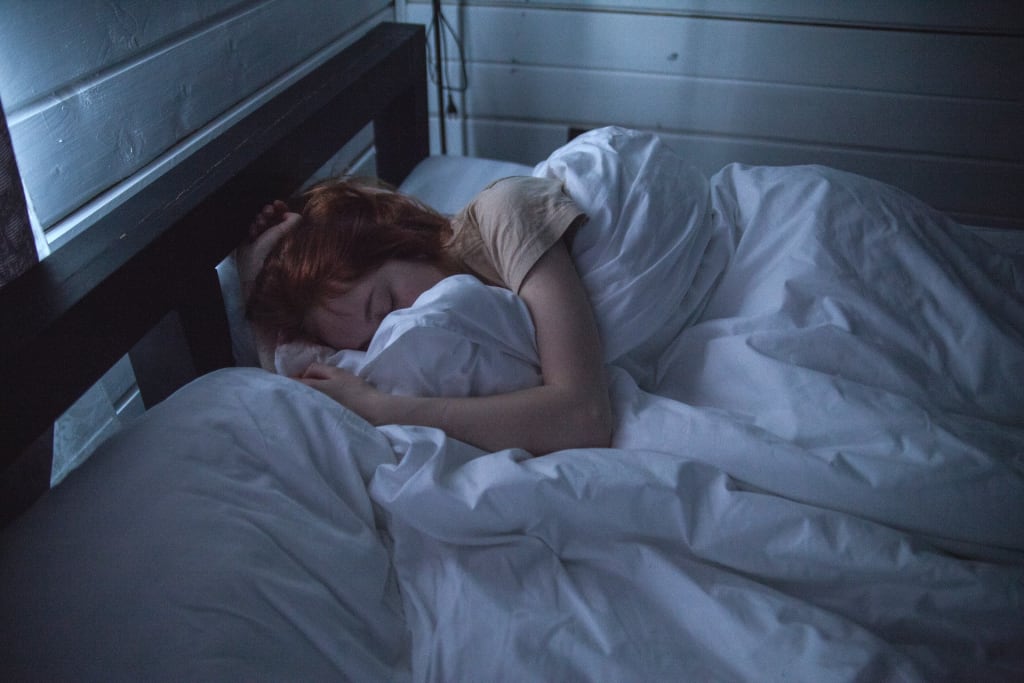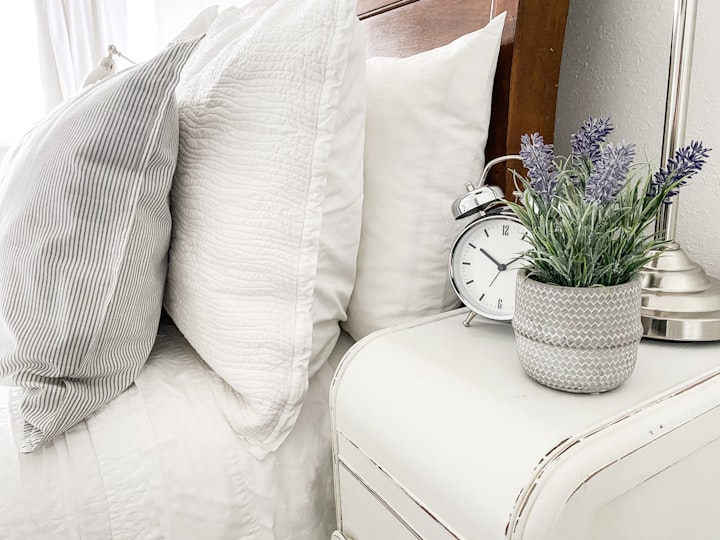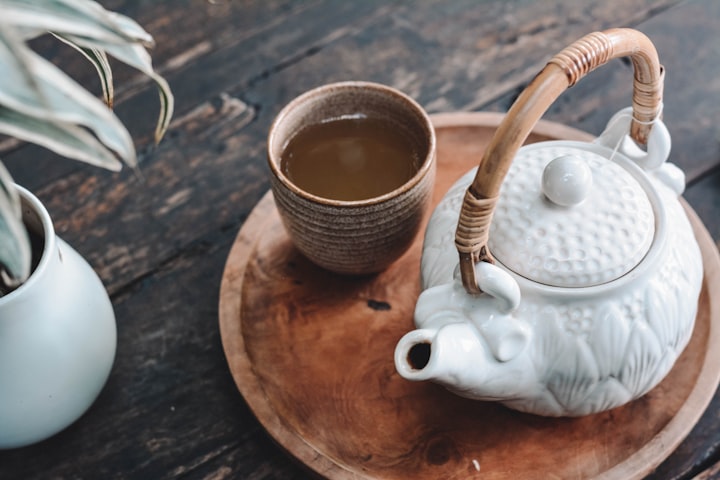8 Natural Remedies for Common Sleep Disorders
Say goodbye to sleepless nights.

Sleep is highly underrated — almost like an essential vitamin that we all need but tend to ignore. When you prioritize quality sleep, your body and mind recharge and repair themselves, setting the stage for an energized and amazing day ahead.
But here’s the thing: many of us struggle with sleep disorders that mess up our sleep patterns, leaving us feeling tired, irritable, and far from our best selves during the day. If you’re a part of this club, then this article is for you — it’ll cover eight natural remedies for common sleep disorders that’ll help you have a restful and relaxing sleep every evening.
1. Establish a consistent sleep routine

Our bodies love routine, and sleep is no exception. So, here's the deal: aim to go to bed and wake up at the same time every day, even on weekends. Although it’s tempting to stay up late on Friday nights and sleep in on Saturdays, this can disrupt your natural sleep-wake cycle, hinder your ability to fall asleep, and perpetuate a vicious cycle of restlessness or “social jet lag”.
By establishing a consistent sleep routine, you can train your body to recognize when it's time to sleep and when it's time to wake up — your body will thank you for it.
2. Create a relaxing sleep environment

Your sleep environment also plays a crucial role in your ability to fall and stay asleep. Ensure your bedroom is at a comfortable temperature — anywhere between 60 to 67 degrees Fahrenheit (15 to 19 degrees Celsius) is a typical sweet spot.
Consider investing in comfortable bedding, warm lighting, blackout curtains, earplugs, or a white noise machine to block out external disturbances. Dimming your bedroom lights in the evening is another great way to signal to your body that it’s bedtime.
3. Practice relaxation techniques

Relaxation techniques help to calm the mind, relax the body, and create an optimal state for falling asleep. These could be anything from deep breathing exercises and meditation to yoga stretches and taking warm baths. Experiment with different techniques to find the ones that resonate with you and make them a regular practice for improved sleep quality and overall well-being.
4. Limit electronic devices

The excessive use of electronic devices, such as smartphones, tablets, and laptops, can disrupt your sleep-wake cycle and make it harder to fall asleep. This is because they emit blue light, which can interfere with the production of melatonin, a hormone that regulates sleep.
Exposure to blue light in the evening suppresses melatonin levels and signals to your body that it's still daytime, making it more difficult to wind down and fall asleep. So aim to limit the use of electronic devices at least an hour before bed or consider using blue light filters.
5. Engage in regular exercise

Regular exercise offers numerous benefits that positively impact sleep quality and duration. One key benefit is its ability to regulate the body's internal clock, known as the circadian rhythm. The circadian rhythm regulates various physiological processes, including sleep-wake cycles, hormone production, and body temperature.
Exercise also helps reduce stress and anxiety, both of which can disrupt sleep patterns. When you engage in physical activity, your body releases endorphins, which are natural mood boosters. These endorphins promote relaxation, alleviate anxiety, and improve your overall mood, creating an optimal state for sleep.
6. Avoid certain foods and substances

The choices you make in your diet and lifestyle can have a direct impact on your sleep patterns. It's no secret that stimulants like caffeine (found in coffee, tea, sodas, etc.), nicotine (found in cigarettes and other tobacco products), and alcohol interfere with sleep, so avoid consuming them especially in the afternoon and evening. They can stay in your system for several hours, disrupting your ability to fall asleep and reducing sleep quality.
Additionally, consuming foods high in sugar and processed carbohydrates (right before bed) can cause rapid spikes in blood sugar levels, leading to energy crashes and difficulty falling asleep. And while hydration is important, consuming excessive fluids, particularly close to bedtime, can lead to disruptive nighttime trips to the bathroom. Limit your fluid intake in the hours leading up to bedtime to minimize disruptions to your sleep.
7. Limit daytime napping

While short power naps can provide a quick energy boost and enhance alertness, excessive or poorly timed daytime napping can disrupt your natural sleep-wake cycle. Try to limit daytime naps to no more than 20-30 minutes and avoid napping too close to your bedtime.
8. Try out some herbal remedies

Certain herbal remedies have stood the test of time in promoting sleep. Chamomile tea, valerian root, lavender, and passionflower are known for their calming properties. These herbs can be consumed as teas, incorporated into aromatherapy, or taken as supplements. However, it's important to consult with a healthcare professional before trying any new herbal remedy, especially if you have underlying health conditions or are taking medications.
Conclusion
If you're struggling with common sleep disorders, incorporating these natural remedies into your routine can help improve your sleep quality and overall well-being.
Remember, everyone is unique, and it may take some time to find the remedies that work best for you. If your sleep problems persist or worsen, consult a healthcare professional who can offer expert guidance and support on your journey to achieving consistent restful sleep.
Thanks for reading! You can check out my previous article here:
About the Creator
Neurodivergent_ai
I combine my passion for technology, science and art, twisting them all through the lens of my neurodivergence. My aim is to raise awareness about various conditions and invisible disability surrounded by stigma, rejection and disbelief.






Comments
There are no comments for this story
Be the first to respond and start the conversation.